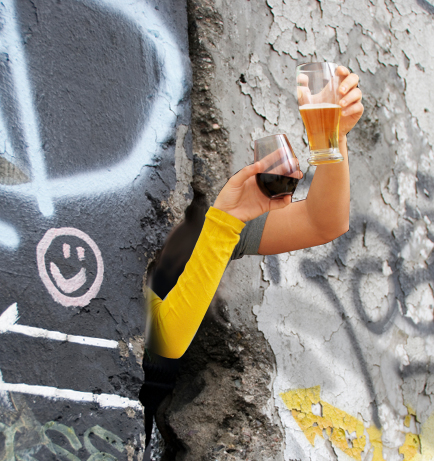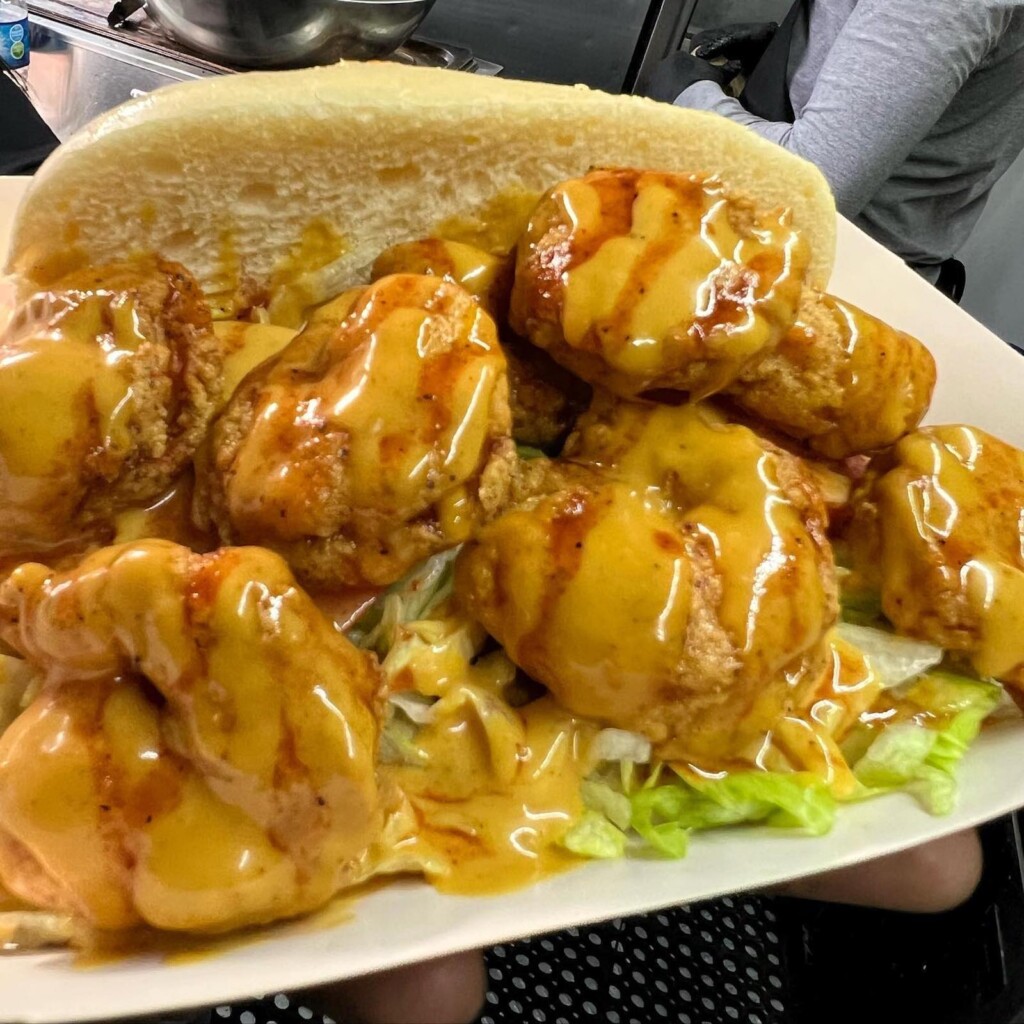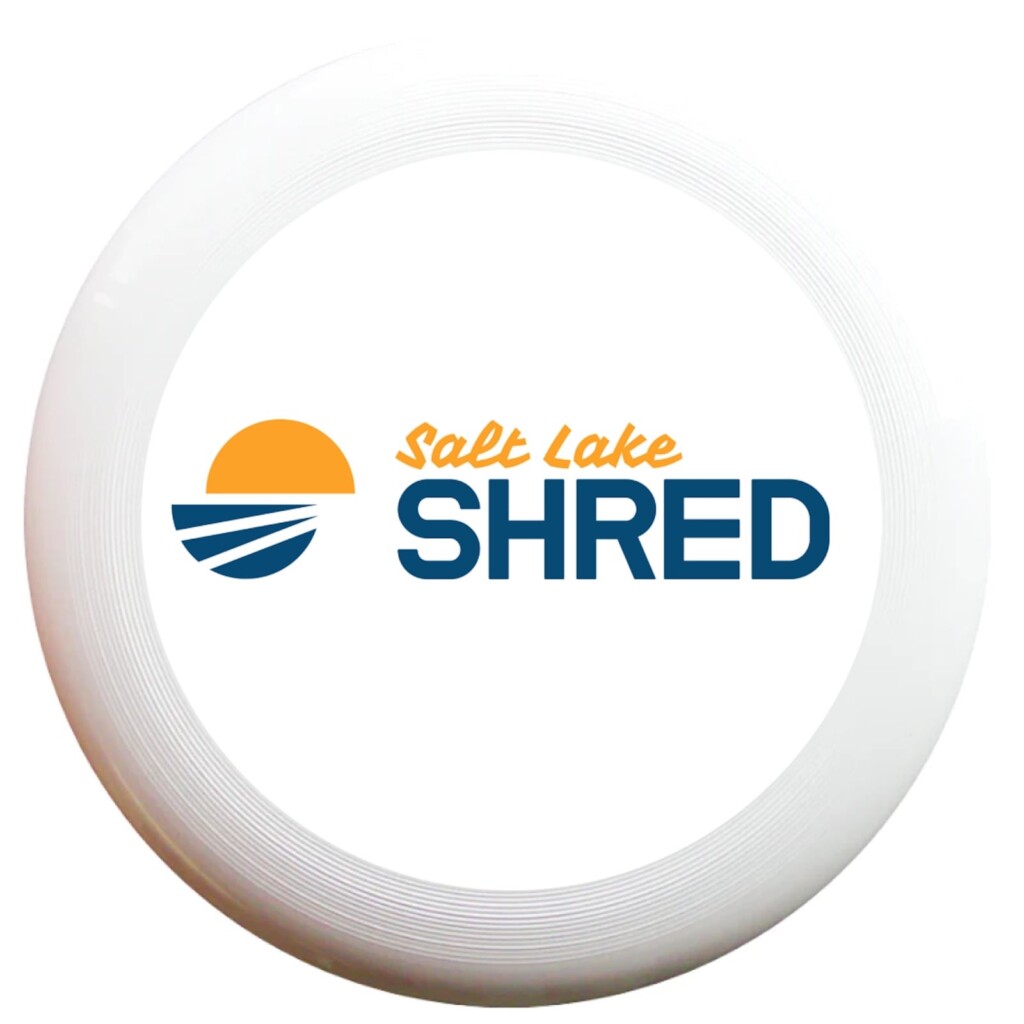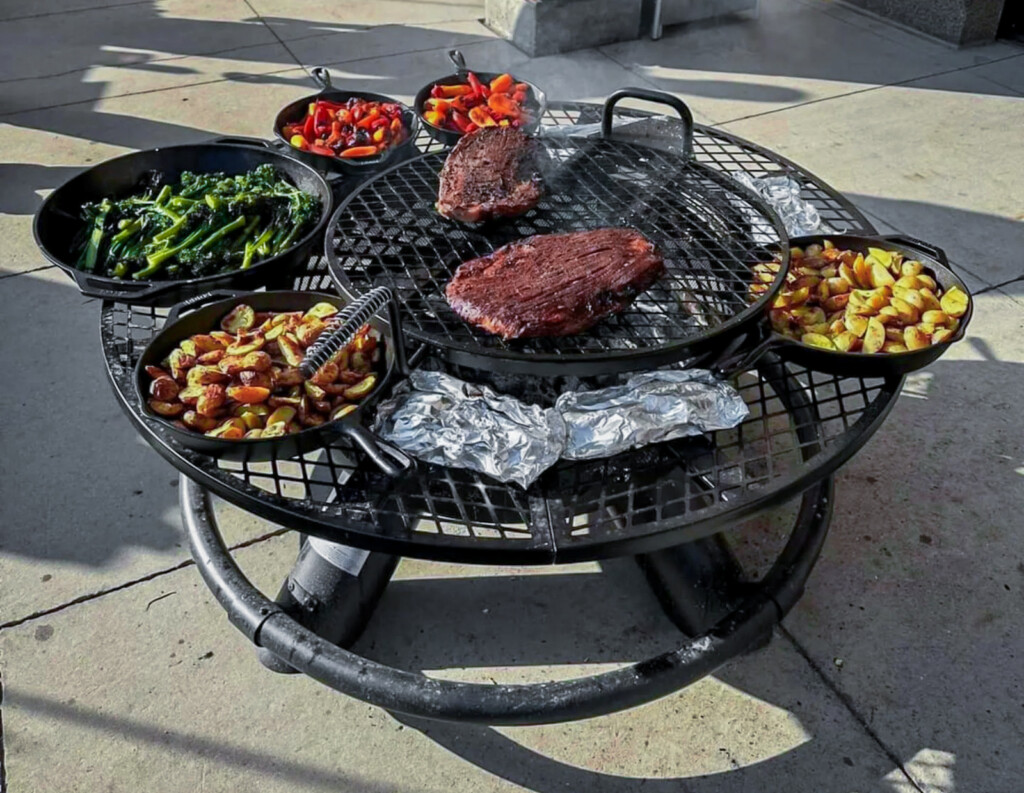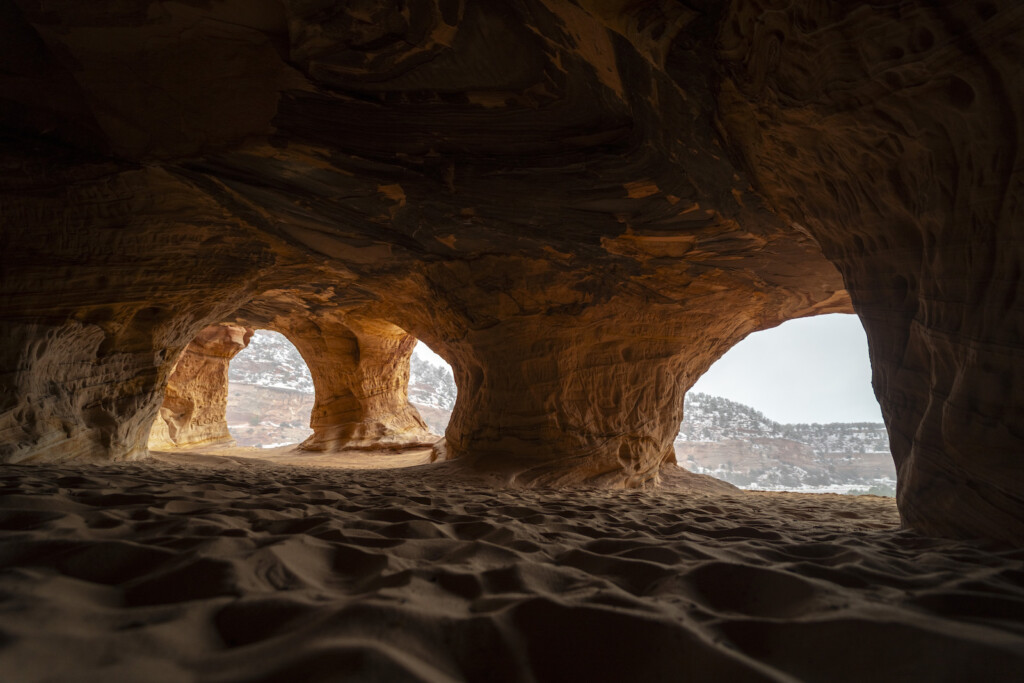By Tom Callan
Zion curtain has fallen– bar owners celebrate like iron curtain has fallen
The legislature’s decision to remove the Zion Curtain, that infamous physical separation between a bar and a dining area, and end private clubs could change the perception of Utah as much as the fall of the Berlin Wall ushered in a wave of freedom nearly 20 years ago. “The light is there. Freedom is just around the corner,” beamed Bob Brown, owner of Cheers To You on Main St.
SB 187 was sponsored by Republican Senator John Valentine and GOP Rep. Greg Hughes. It eliminates the quirky, irritating private membership law, which says you can’t buy a drink unless you first buy a membership, usually about $4.00 for 3 weeks. Customers who appear to be under 35 will have their IDs electronically scanned.
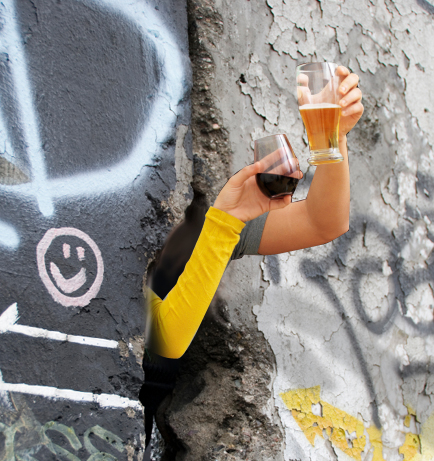
Brown says it is time to tell the rest of the nation and the world that you can now get a drink in Utah without the pretense of buying a temporary club membership. He says bar owners in Salt Lake City and around Utah should take out a national ad, declaring that the ” Bar is open.” Brown hardly understates the change. “I want the whole nation to know. That will be the biggest, single perception change in the history of mankind,” he insists.
Governor Jon Huntsman recommended the removal of the Zion Curtain before the ‘ 09 legislature convened. He is expected to sign SB 187, which would take effect on July 1, 2009.
David Morris, owner of Piper Down on State St., is preparing to party as though it were 1999 once again. He is planning an open house and a mock, 60s draft card type membership card burning. “You burned your draft card in the 60s, your bra in the 70s and now you can burn your private club membership card by July1.”
Both Brown and Morris expect the end of the private club law will be a boon to tourism and stimulate the state’s economy. Brown guesses that tourism will increase by about 2 percent. “There has been a perception out there that you can’t get a drink in Utah,” he says. I interviewed Brown as he sat on a stool in his bar, following the legislative debate on his laptop.
Morris is even more sanguine about the boost to tourism. He said the restrictive private club laws were “one of the biggest barriers to expanding state tourism. Morris, a member of the Utah Hospitality Association Board, said tourism accounted for about $6 billion in revenue in ‘ 08. “I hope in a few years it’s $18 billion and we can say, ‘I told you so.’”
“Everyone is talking about this,” says Morris, who admits he was on edge when Senator Waddoups began lobbying against the bill. But he says when the House passed the bill, the entire bar erupted into applause. One of his bartenders is from a small dot on the map not far from Bismarck, North Dakota. After the vote in the House, he got a call from his dad informing him about the end of the private club laws.
As for those new ID scanners, Morris doesn’t expect much hassle. He figures he can buy one for about $400. He says most of his regulars under 30 are already in the habit of flashing their IDs.
Brown thinks the scanners are a “feel-good measure” to placate Mothers Against Drunk Driving and will fail to reduce underage drinking. He expects to pay $1,000 for the new high-tech security check. “It better have the single greatest warranty known to mankind,” he insists. He points out that things in a bar get cracked, chipped and broken. He says the scanner won’t be an exception and will probably be dropped and broken as well. He doesn’t want to shell out a $1,000 each month for a new one. Brown says he already pays his employees $100 for every fake ID they catch.
Brown says he is just as determined as MADD to reduce underage drinking, but thinks the scanners will prove irrelevant. He thinks if you could somehow survey all of the state’s bars this weekend, you might find 50 patrons who clandestinely entered with fake IDs. “With a scanner, it might be 51,” he guesses. “Do the scanners help? Yes. But is it worth it to get scanners? No. That’s what I believe,” Brown confidently declares. He predicts that the scanning machines won’t be able to decipher the difference between the 19-year-old girl who shows up with her 21-year-old sister’s ID.
But whether the scanners prove to be an irritant or a deterrent, Morris says Utah had to retire the private club laws after 40 years of “brown bagging, mini-bottles, liquor by the drink and side cars.” Morris started lobbying for the new era last May. “We got the ball rolling. It’s been a long time coming.”
He thinks the new law will stimulate competition from bar to bar and club to club, and especially between restaurants and bars. Morris envisions more competitive pricing. “People got comfortable in their bars and would not check out new bars under the old laws,” he says. Piper Down will celebrate its 6th anniversary on April 25. “Let the best bar win,” boasts Morris.
Despite the new era, Morris says the state still has “some of the tightest liquor laws in the nation.” He says most of them make sense, but that the private club laws seemed so arbitrary, lacking any rationale. But he expects those jaded, predictable conversations when he travels out of state to soon fade from memory. He says the first question is whether he is Mormon. When they find out he is a bar owner in Utah, they laugh. He says after July 1, owning a bar in Utah will no longer seem like an “oxymoron.”
Brown says he always felt “ridiculous” when he told out of state customers about the private club charge. He says they would mutter and then walk out. The Zion Curtain won’t officially be lifted until July 1, but the spirit of Independence Day 2009 can’t come to soon for the state’s bar owners and their patrons.

